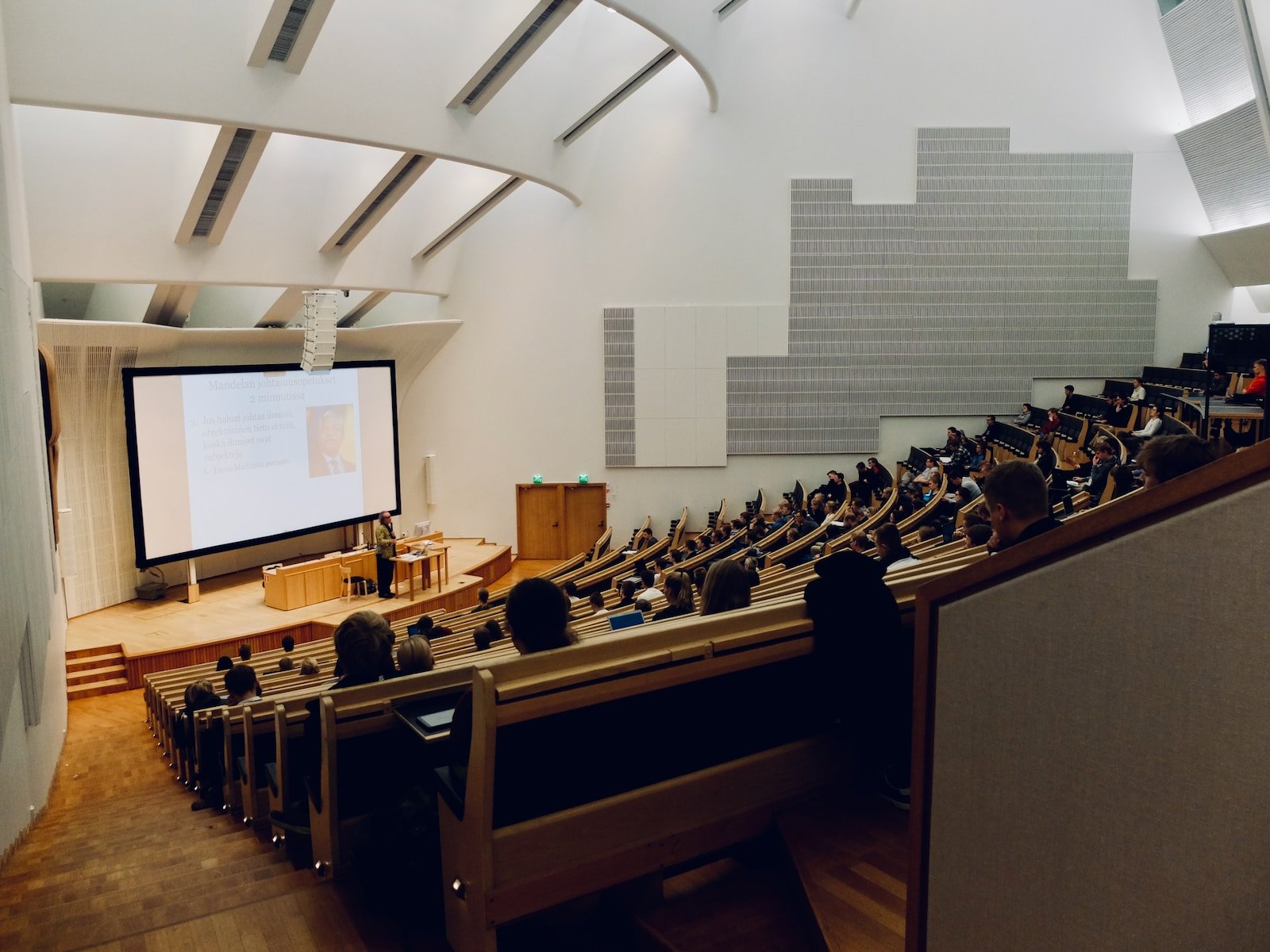
Post-Extractivist Universities of the 21st Century
On October 26-27, 2023 at the Université Paris 8, participants in the concluding meeting of the first cycle of ERUA activities will be invited to formulate demands and suggestions fostering the transformation of our universities beyond the extractivist logic on which they remain established.
We suggest to define extractivism as a mode of production (of raw materials, commodities, services, but also of knowledge, communication and information) which reduces living and thinking milieus to sets of resources that can be extracted and exploited without proper consideration to (a) the sustainability of their use, (b) the side-effects of their consumption nor (c) the welfare of the various entities co-habiting in this milieu. What would a post-extractivist university look like in the 21st century? How should such a university be organized and structure its activities? What different definitions of the means, meanings and purposes of the university do we need?
We suggest the following protocol to prepare for this October meeting:
First, students, staff, faculty to set up discussion groups brainstorming about what could be done to improve our personal, institutional and collective academic experience as well as our working-studying-teaching-researching conditions. Although these discussion groups should feel free to establish their own agenda, frames and goals, we suggest the outcome of these meetings to be written down in form of short propositions (between 1 and 3 pages) listed along these preliminary and incomplete general categories (to be supplemented):
- Transforming studying and teaching
- by transforming society at large (and the place of universities within it)
- by transforming the universities (in their administrative structures and working conditions)
- by transforming the curriculums (goals, contents, methods and disciplines)
- by transforming the classroom experience (access, disposition, roles and hierarchies)
- Transforming Research
- by transforming the place of research institutions within society at large
- by transforming the definition, methods and goals of research (and its evaluation)
- by transforming the recruitment and careers of researchers
III. Transforming Publication, Collaboration and Outreach
- by transforming the modes and channels of access
- by transforming the formats of publication
- by transforming the definition of impact
- by transforming collaborative practices
- Beyond the Above
The more the proposals will depart from, surprise and subvert the standard model sketched in the boxes above, the more interesting they are likely to be. While a pragmatic bend will be welcome, the choice to make “realistic” proposals may not be the most desirable option within the context of manifesto writing.
Second, we will ask the various discussion groups to send us the result of their formulations (fitted or not to the model sketched above). This can be done in the form of written texts, of course, but also in the form of images, podcasts, videos, etc. This material should be sent to Kasper Risbjerg Eskildsen eskild@ruc.dk and Yves Citton yves.citton@gmail.com by September 30th 2023, if possible. We invite submissions from all parts of the world and also from those who will not be able to participate at the event in Paris in person.
Third, at the beginning of the October 26-27, 2023 event, we will set up workshops collating and editing this material with the goal of formulating one (or several) manifesto(es).
Fourth, towards the end of the October 26-27, 2023 event, we will read and discuss the manifesto(es) with all the participants of the concluding event (with an option to participate online from abroad).
Fifth, if the material resulting from the various stages of this protocol is deemed worthy of a broader publication, we will edit and publish it according to a format still to be agreed upon.
